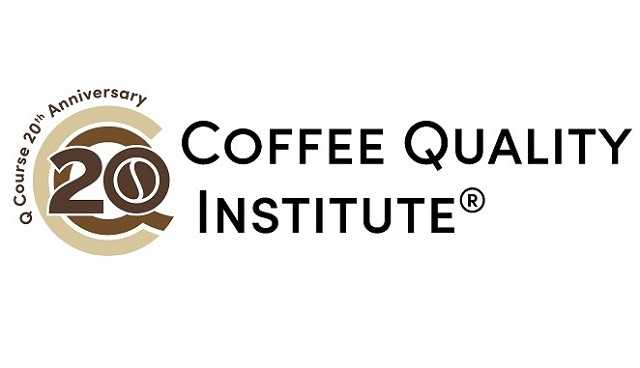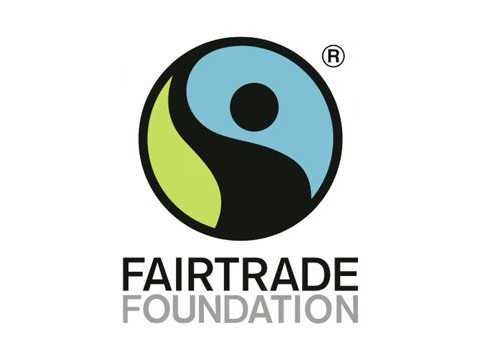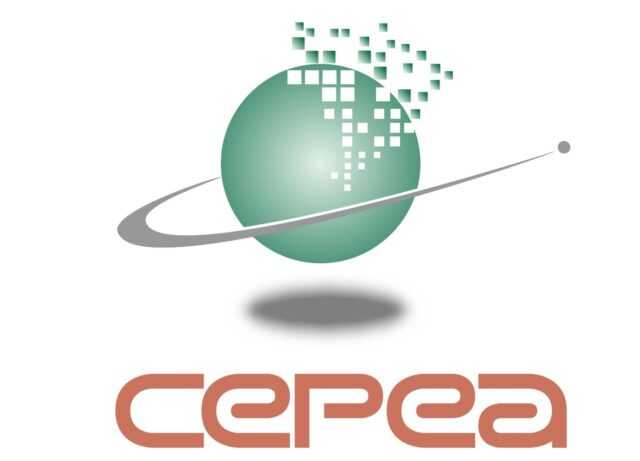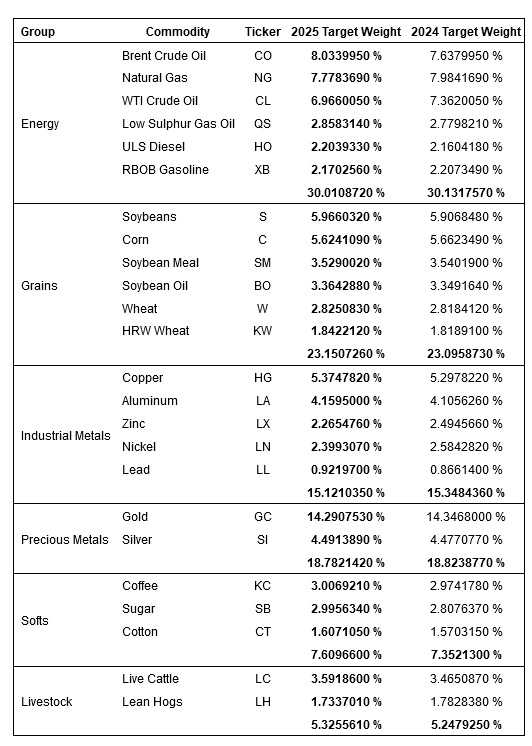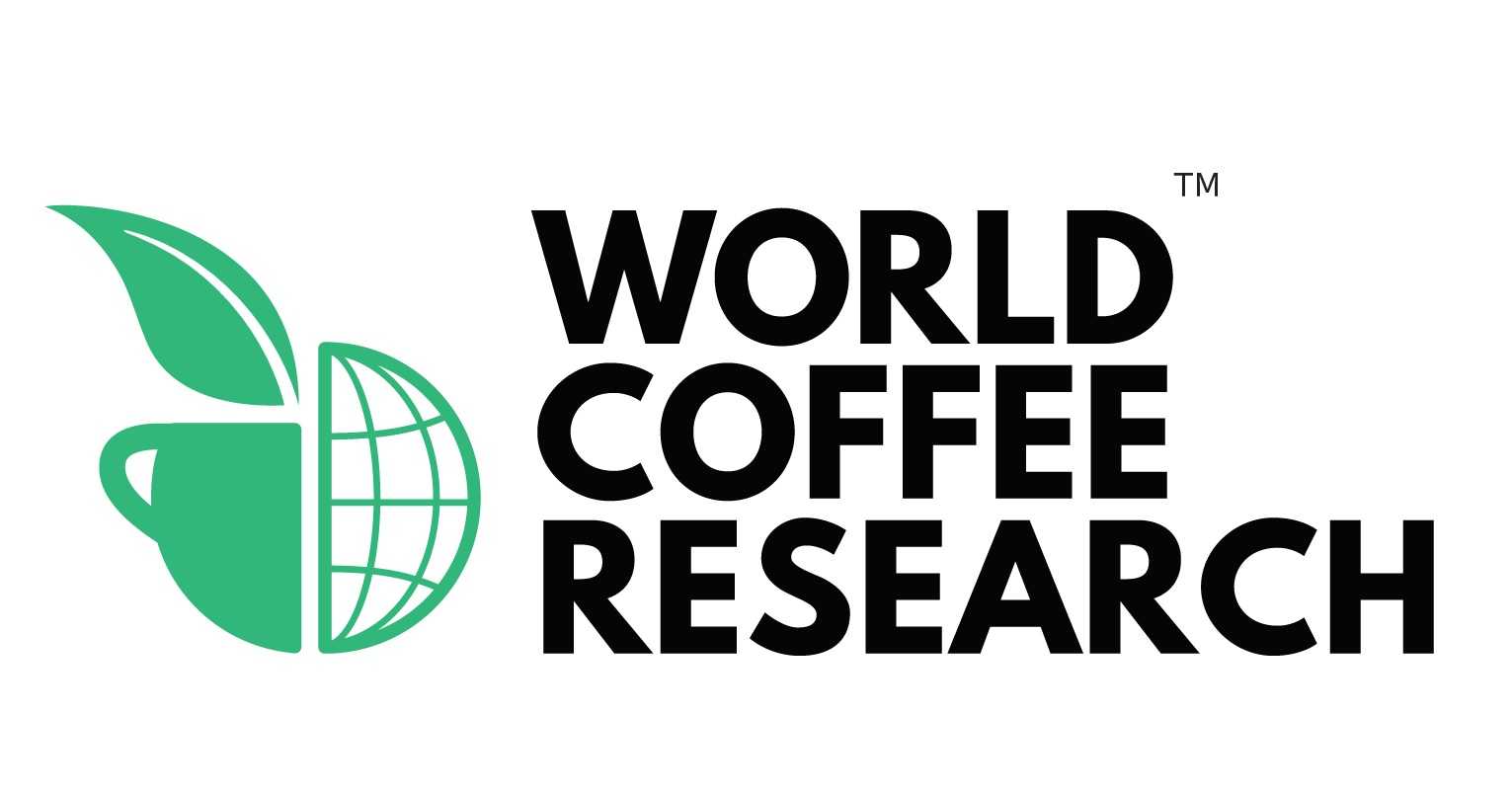LONDON, UK – Small-scale coffee in Latin America are on average more environmentally friendly than large-scale plantations, new Fairtrade research released ahead of International Coffee Day, Tuesday 1st October 2024, shows. However, large plantations, which often produce coffee using unshaded monoculture, mechanisation and chemical inputs, are in a better position to quickly respond to market and legislative changes.
The Fairtrade study, Understanding the Climate and Environmental Impacts of Smallholder Coffee Farming, investigated existing academic and sectoral literature regarding the environmental sustainability of small-scale coffee production in five Latin American countries – Brazil, Colombia, Peru, Nicaragua, and Honduras and compared findings with large-scale production.
With the exception of Brazil, smallholders who mainly grow their beans on small, remote or mountainous plots of land, adopt different practices compared to large-scale plantations.
Smallholders often use diverse shaded agroforestry systems that requires fewer resources and inputs, alongside other crops such maize and beans, fruit the timber trees. These techniques contribute to carbon sequestration, biodiversity, food security, and climate adaptation and mitigation, especially when combined with agroecological practices and several types of certifications, including organic and/or Fairtrade certification.
Dr. CJ Stanton, Senior MEL Manager at the Fairtrade Foundation said: “This desk-based study finds that small-scale coffee farmer in Latin and Central America generally use more environmentally sustainable practices than large-scale production, especially when integrated with agroforestry systems, agroecological principles, and certifications like organic and Fairtrade.
“The results are very significant because despite being a lucrative global industry with a retail value of over $100 billion, 125 million people depend on coffee for their livelihoods. The sector is increasingly facing significant challenges such a market price volatility and escalating climate crisis which is affecting farmers’ ability to grow coffee.”
The study focuses on five key environmental areas: water, energy, greenhouse gas emissions (GHG), deforestation, and biodiversity and highlights some significant key findings:
Environmental Impact – Water
Coffee’s impact on water resources mainly arises from irrigation and waste-water management. While irrigation is mainly used by plantations, smallholders in Colombia, Nicaragua, and Honduras need support to reduce environmental impact of wet processing methods.
Environmental Impact – Energy
Small-scale coffee producers generally use less energy compared to larger producers because farms are often less mechanised. In Brazil, both small and large farmers in certain regions employ some mechanisation.
Environmental Impact – GHG Emissions
Smallholder coffee production – especially when associated with agroforestry and shaded coffee systems – shows great potential for carbon emissions in-setting.
Environmental Impact – Deforestation
Studies reviewed in this research suggest that larger coffee farms in the Latin American region have historically driven more deforestation, but this is an issue in smallholder production too.
Environmental Impact – Biodiversity
Driven by shaded agroforestry systems, smallholder farms support greater biodiversity, with a higher number of pollinators, low pesticide use and a higher portion of natural vegetation in the farm.
The study suggests that Fairtrade can play a major role in addressing the climate crisis and environmental sustainability of coffee production by:
- Promoting farmer-led and owned environmental data collection to recognise and communicate smallholders’ environmental sustainability.
- Disseminating and systematising existing effective practices and technologies that some producers are already using.
- Designing ad hoc arrangements with commercial partners who are interested in reducing their environmental impact.
60% of the world’s coffee is produced in Latin America and the Caribbean, and meanwhile small-scale coffee producers worldwide produce around 60% of the world’s coffee. Fairtrade International has certified 838,116 smallholder coffee farmers in 656 organisations across 32 countries and does not certify plantations. Fairtrade promotes sustainable practices through its coffee standards, with a differential for organic agriculture and agroecology.
Fairtrade coffee standards include criteria to protect forests, prevent deforestation and prepare environmental risk assessments that identify issues that may affect the climate resilience of producers.




